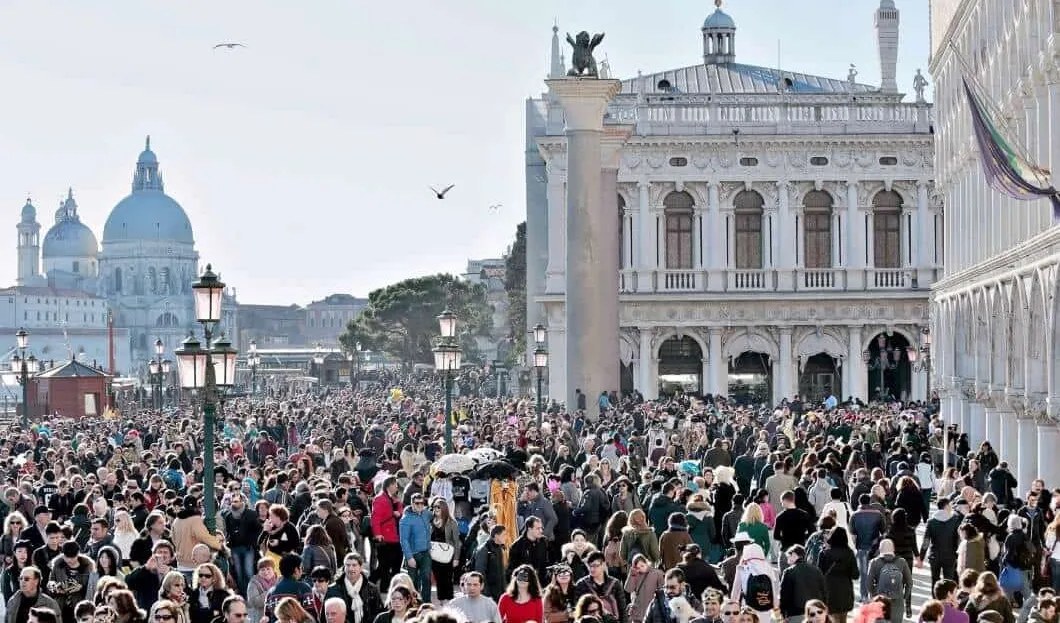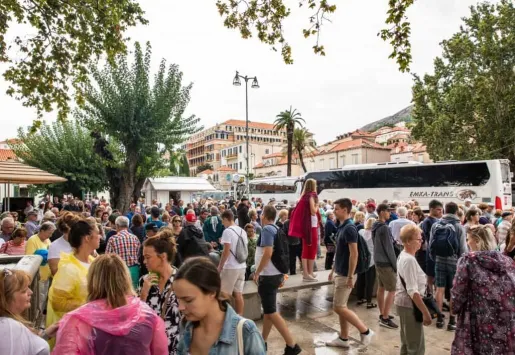
Italy has many popular destinations like Rome, Venice, and Florence, and nature areas like Cinque Terre Park. However, many of these places are struggling with masses of tourists and are searching for ways to fight overtourism and reduce its environmental impact. This is a rapidly growing issue and was the focus of an event held in Rome, organized by the Cinque Terre National Park in collaboration with the representation of the European Commission in Italy.
"In our case," underlines the president of Cinque Terre National Park, Donatella Bianchi, "we are referring to a phenomenon that occurs only for a few days, during which millions of people are concentrated in just 3% of the park's surface. We do not aim to reduce the number of tourists, but we strive to manage them sustainably. We plan to make not only the Via dell'Amore accessible, which is set to reopen this year, but also all the 130 kilometers of paths in the park."
Giovanni Toti, the President of the Liguria Region, has expressed his desire for a more scientific approach to fight overtourism and manage tourist flows. He believes it is necessary to focus on seasonal rates and plan and improve the infrastructure, including car parks and stations, to accommodate tourists better. Such a job requires the cooperation of all entities involved.
Simone Venturin, the tourism councilor of Venice, wants to highlight the measures taken by the city. It was the first major Italian city to introduce an entry fee. Venturin explains that they started a campaign to promote Venice's lesser-known features, such as its craftsmanship, fishing, and slow-paced lifestyle. They also stopped allowing buildings to be converted into hotels. From April 25th onwards, they will start a trial run of mandatory reservations and the access fee. It is an attempt to manage the tourists not when they arrive but before they arrive. Besides tourists, there are many foreigners who retire in Italy and then start to visit the local attractions, which puts more pressure on the tourism sector.
Mayor Dario Nardella of Florence believes that the tools available to fight overtourism among Italian mayors are limited. He believes that cities of art are suffering from the effects of deregulation, which a solution model has never countered. Instead, he suggests that clear rules should be implemented to give local administrations more powers to limit and plan.















